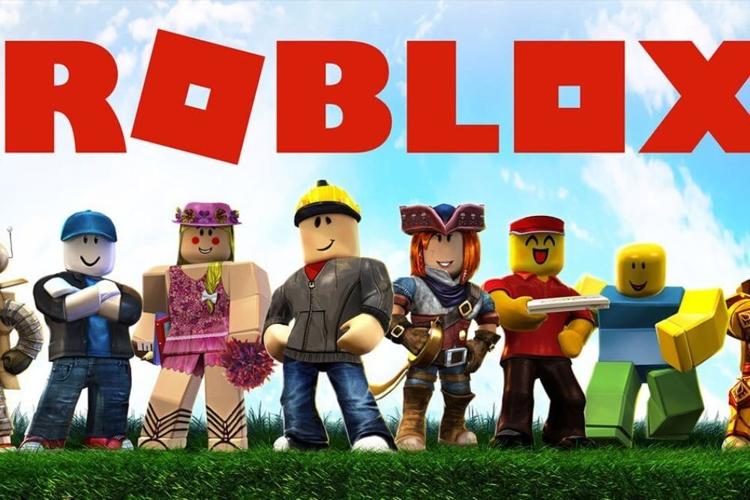
PALM BEACH GARDEN — Roblox is facing a wave of lawsuits alleging that the company failed to protect children from predators, explicit content and coercive in-game practices, despite marketing its platform as safe for young users.
The litigation has rapidly drawn national attention as one of the most closely watched emerging mass torts in the country, raising questions about corporate accountability, online safety and the future of mass tort law in digital spaces.
Roblox’s failure to implement basic safety features created an environment where predators could contact and groom minors, according to the complaints.
The plaintiffs allege that children were exposed to sexual content, pressured into sharing explicit material, and in some cases, sexually assaulted.
Because Roblox promoted its platform as “incredibly safe,” families say they were unaware of the dangers.

Pendley
“The harm is obvious,” Madeline Pendley, a Florida-based national mass tort attorney with Rafferty Domnick Cunningham & Yaffa, said in an interview with The Florida Record. “We don’t have to show that a child was addicted to the platform. We just have to show that an adult was able to exploit Roblox’s inadequate safety features to make inappropriate contact with a child.”
Pendley, who has served in leadership roles in major multi-district litigations (MDLs) including Valsartan and Zantac, described the Roblox cases as representing a new frontier for mass tort law.
She explained that digital environments are increasingly being treated as defective products, with courts evaluating whether the design of online platforms themselves contribute to harm.
“Challenges related to user safety, privacy, and content moderation are growing rapidly,” Pendley said. “We hope these cases will set precedents for holding platforms accountable when their services harm vulnerable populations like minors.”
The Roblox litigation follows other high-profile lawsuits targeting online platforms, including those involving social media addiction and gambling.
Pendley said the outcome could reshape how courts and regulators approach user safety in virtual environments.
If liability is established, she said, it could push developers to strengthen moderation systems and adopt stricter safety measures to avoid lawsuits, while also encouraging regulators to craft legal frameworks tailored to digital platforms.
“This could change the way future litigation is brought against online gaming and metaverse-style platforms,” she said.
For Florida families, the stakes are both legal and practical.
Pendley noted that criminal investigations into online predators often leave families without adequate recourse.
A civil judgment against Roblox could provide compensation for therapy and treatment, while also creating financial incentives for platforms to prevent predatory behavior.
Florida has also taken steps to address the issue. Earlier this year, the state’s attorney general subpoenaed Roblox to examine its safety practices and how it handled reports of predatory activity.
“The results of that subpoena could lead to further action against Roblox,” Pendley said.
The lawsuits highlight a deeper tension between children’s safety and the profit-driven business models of online platforms.
Roblox, like many digital companies, depends on user engagement and in-game purchases for revenue.
Critics argue this structure incentivizes the company to prioritize growth over safety, leading to insufficient moderation and delayed responses to harmful activity.
“This case demonstrates that prioritizing profit can mean sacrificing children’s safety,” Pendley said. “We’re going to show that someone made the deliberate decision not to implement critical safety features in order to maximize profit.”
Pendley added that her experience in mass tort leadership has shown her that corporate success often reflects intentional choices, not accidents. She believes the evidence will show Roblox knowingly failed to protect children.
“I’m certain we’re going to find proof that profit was put ahead of safety,” she said.
As the litigation develops, attorneys are seeking consolidation into a national MDL.
While it is unlikely to be based in Florida, Pendley said the state’s proactive approach to online safety legislation may influence the broader outcome.
Ultimately, the lawsuits aim not only to secure compensation for families, but also to force systemic change.
“We hope parents and guardians will become more vigilant in monitoring the platforms their children use,” Pendley said. “And we hope this litigation will reduce the prevalence of online harms by holding companies like Roblox accountable.”








